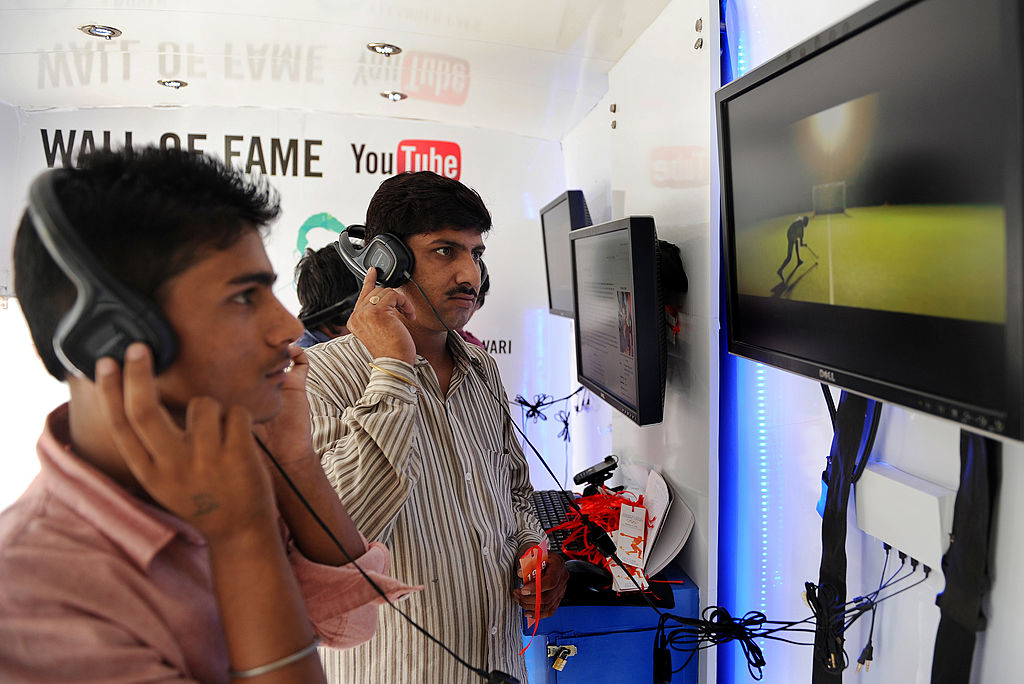- Tuesday, May 06, 2025

By: Shubham Ghosh
Here are news in brief related to Indian economy and business for Wednesday, August 10, 2022:
With around 420 million active online gamers and a 500-million-strong digitally native population aged between 15-35, India is set to become one of the fastest growing markets globally, Asian News International/NewsVoir reported. Eminent industry leaders and stakeholders convened to discuss the future roadmap of the gaming industry in India. The next phase of growth for gaming in India driven by accelerating adoption of 5G, Cloud Gaming, Gamification, and Mobile Gaming devices among others was outlined on the sidelines of the 2nd Edition of the India Gaming Conclave (IGC) 2022, by Konnect Worldwide Business Media, in New Delhi on Wednesday. The conclave outlined the industry’s vision for 2022 and beyond, with an eye on global and domestic trends, as well as India’s potential to disrupt the global industry in the near future. IGC 2022 witnessed participation from industry experts, innovators, gaming publishers, OEM’s, developers, gamers, influencers, and analysts, who welcomed the opportunity to share their insights, learnings, and expertise.
The Directorate General of Civil Aviation (DGCA), India’s civil aviation regulator, has decided to scrap the prevailing fare caps on tickets of the country’s domestic airlines from the last day of August 2022. In a notification, the DGCA said, “After review of the current status of Scheduled Domestic Operations viz-a-viz passenger demand for air travel in terms of the purpose specified in the initial Order No. 02/2020 dated 21.05.2020, it has been decided to remove the fare bands notified from time to time regarding airfares with effect from 31.08.2022.”
The Reserve Bank of India (RBI) on Wednesday released the first set of norms to regulate digital lending to crack down on the growing number of online frauds and unlawful activities. As per the new norms, all loan disbursals and repayments have to be executed only between the bank accounts of the borrower and the regulated entity without any pass-through or pool account of the lending service provider (LSP) or any third party. The central bank’s regulatory framework is focused on the digital lending ecosystem of RBI’s Regulated Entities (REs) and the LSPs engaged by them to extend various permissible credit facilitation services.
While the Narendra Modi government has said there is no proposal under consideration to constitute the 8th Pay Commission for government employees, CNBC TV18 cited sources on Wednesday as saying that the pay panel may be set up two years later with the aim to implement its recommendations from the year 2026. The government sources, while speaking to the channel, said it was premature at this point of time to ask the finance ministry whether the 8th Pay Commission would be set up. “Pay panels are set up two years prior to the rollout of recommendations. Hence, it’s premature to ask about it in 2022. The government will decide on the 8th pay panel at an appropriate time,” the sources were quoted as saying. The government set up the 7th Pay Commission in 2014, and its recommendations were implemented from January 2016 onwards.
Indian prime minister Narendra Modi on Wednesday inaugurated the second generation (2G) Ethanol Plant in Panipat in the northern state of Haryana and said it will help reduce pollution in Delhi, National Capital Region (NCR) and Haryana. Addressing the event via video-conferencing on the occasion of the World Biofuel Day, Modi said stubble (agriculture waste) was a burden for the farmers and would now become a means of additional income for them with the help of the 2G ethanol plant. “The bio-fuel plant of Panipat will be able to dispose of the stubble without burning. Mother Earth will be relieved of the pain she endured due to stubble burning. The stubble was a burden for the farmers, a cause of trouble, it would become a means of additional income for them,” he said. The prime minister also said the country had reached 1.4 per cent ethanol blending till 2014 and it increased to 10. 16 per cent in the last eight years.
Canada’s coffee and baked goods brand Tim Hortons is set to open its first two stores in India on Thursday (11), the Hindu BusinessLine reported. Speaking to the news publication, Navin Gurnaney, CEO of Tim Hortons franchise in India, said the company aims to open 120 stores over the next three years in India with an investment of about ₹240 crore.
To celebrate the Indian government’s ‘Azaadi ka Amrit Mahotsav’ initiative on the 75th anniversary of India’s Independence, Aakash BYJU’S, the national leader in test preparatory services, is organising a major drive towards inclusivity and empowerment of girl students in the arena of private coaching for higher education through ‘Education for All’, a nationwide project to offer free NEET and JEE coaching and scholarships to nearly 2,000 Class VII-XII students from underprivileged families, especially girls, ANI/NewsVoir reported. The launch happened simultaneously at 45 locations across India on Wednesday with the main event taking place at the JW Marriott Hotel, Aerocity in Delhi that was graced by Aakash Chaudhry, managing director, and Abhishek Maheshwari, CEO, Aakash BYJU’S, along with other company officials.
India could emerge as Asia’s strongest economy in 2022-2023 as it is best-positioned to generate robust domestic demand, helped by economic policy reforms, a young workforce and business investments, Morgan Stanley economists said, Reuters reported. The brokerage expects India’s growth to average 7 per cent for 2022-2023 and contribute 28 per cent and 22 per cent to Asian and global growth, respectively. Morgan Stanley’s projection comes as Asia’s third-largest economy grew 9.2 per cent in the fiscal year 2022, a sharp recovery from a 6.6 per cent contraction in the previous year as Covid-19 lockdowns took a severe toll on its economy. The country now expects GDP growth for 2022-2023 at 8 per cent-8.5 per cent.